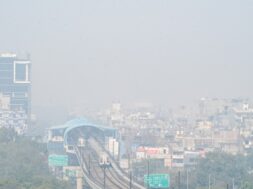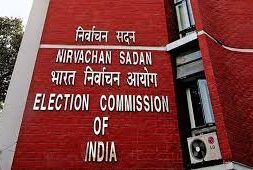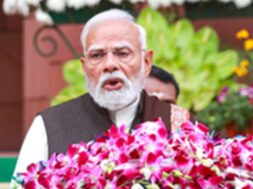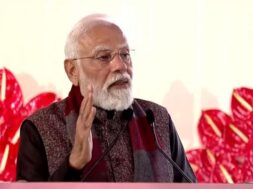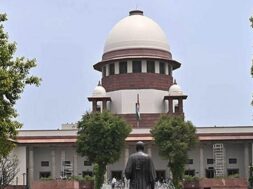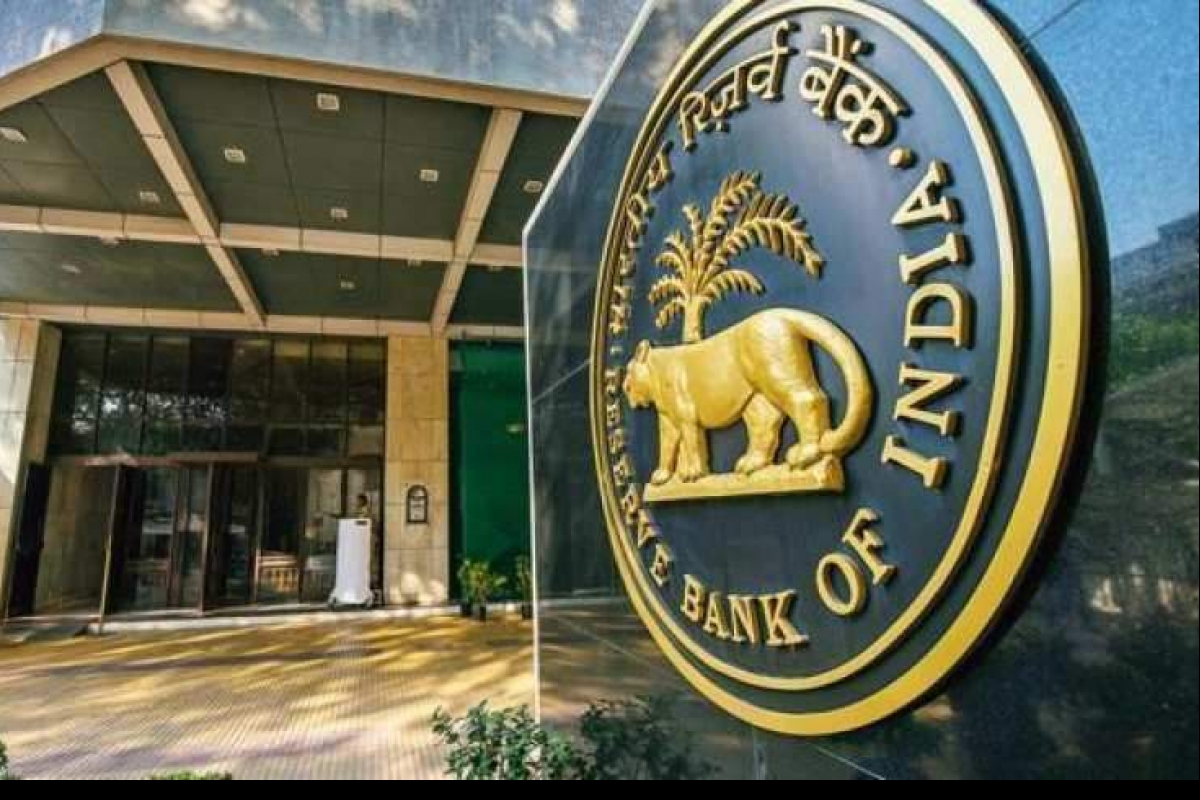
RBI: Second Wave Toll – Mobility, Discretionary Spending, Employment
NEW DELHI, May 17: The biggest toll of Covid-19 pandemic second wave has been in terms of a demand shock – mainly in terms of mobility, discretionary spending and employment, the Reserve Bank of India (RBI) said.
The central bank has noted in its monthly bulletin that the resurgence of Covid-19 has dented but not debilitated economic activity in the first half of Q1 of the current fiscal.
Although extremely tentative at this stage, the central tendency of available diagnosis is that the loss of momentum is not as severe as at this time a year ago, the RBI has noted.
It has observed that the ferocity of the pandemic’s second wave has overwhelmed India and the world, but war efforts have been mounted to stop the second surge in its tracks.
Analysing the performance of non-banking financial companies (NBFCs) during the pandemic, the RBI has said they played an important role in the country’s financial intermediation space by complementing bank credit, undertaking niche financing and promoting financial inclusion.
Though the consolidated balance sheet of NBFCs grew at a slower pace in the second and third quarters of 2020-21, they were able to continue with credit intermediation, albeit at a lower rate, reflecting the resilience of the sector.
Among sectors which NBFCs lend to, industrial sector, particularly micro and small and large industries, were the hardest hit by the pandemic as they posted decline in credit growth, the RBI said.
(Manas Dasgupta)






